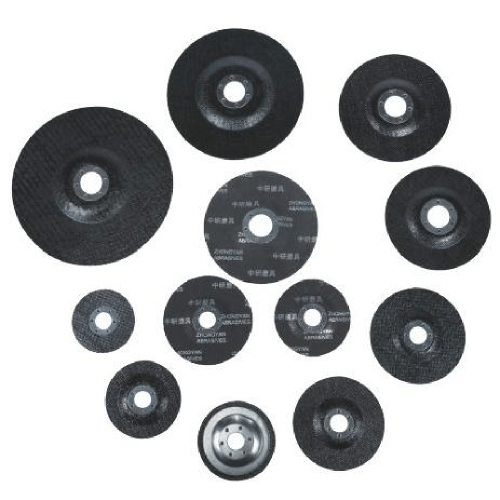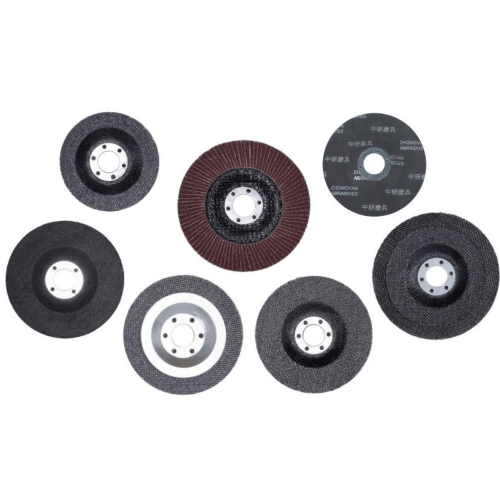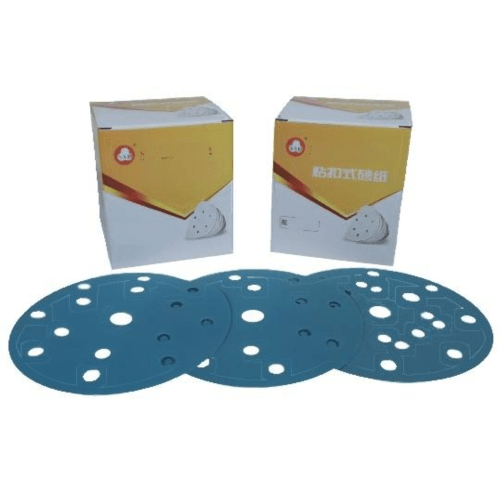wheel hardness
Wheel hardness is a critical parameter that determines the performance, durability, and application suitability of wheels across various industries. The measurement, typically expressed on the Shore A or Shore D scales, indicates the wheel's resistance to deformation under pressure. Hard wheels, ranging from 90A to 100A, excel in low rolling resistance and high load capacity, making them ideal for smooth surfaces and heavy-duty applications. Conversely, softer wheels, typically between 70A and 85A, offer superior shock absorption and traction, particularly beneficial for uneven surfaces. The technological aspects of wheel hardness involve sophisticated polymer engineering, where manufacturers carefully balance compound formulations to achieve specific hardness levels. This process considers factors such as operating temperature, environmental conditions, and load requirements. Modern wheel production employs advanced testing methods, including durometer measurements and compression testing, to ensure consistent hardness levels throughout the wheel's cross-section. The applications span from industrial equipment and material handling to skateboarding and medical equipment, where precise hardness specifications are crucial for optimal performance.


